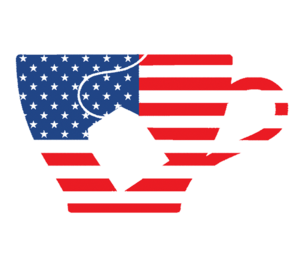State-based, local, and Tea Party grassroots groups

State-based, local, and Tea Party grassroots groups
Although most national Tea Party groups identify closely with libertarianism and eschew social crusades, various local Tea Party groups have pushed anti-Muslim campaigns just as vigorously as such groups as ACT! for America.
In 2011, Tea Party Fort Lauderdale was protesting to shut down a Florida mosque, where an imam was charged with sending money to the Taliban. City Commissioner Lesa Peerman said the mosque has peacefully co-existed in the community for many years, adding “I don’t believe in holding an organization responsible for the actions of one individual.” But Tea Party Fort Lauderdale activist Danita Kilcullen didn’t see it that way, arguing that “after this mosque’s imam was found to be involved in financing a terrorist group, how can this mosque be allowed to remain open?” Leading the protest alongside Tea Party For Lauderdale was O’Neal Dozier, who serves on the board of Ralph Reed’s Faith and Freedom Coalition. Dozier himself has called Islam a “cult” and previously ran the publication Judeo-Christian View, which pushed pastors to talk more about “Islamofascism” from the pulpit. The group distributed 325,000 copies of the anti-Islam DVD “Obsession,” produced by the Clarion Project, to clergy members.
Many Tea Party leaders claim their movement is simply libertarian, taking a hands-off approach to social values. Yet many Tea Party members and local chapters hold nationalistic, right-wing beliefs and are drifting into anti-Muslim campaigns. Because the Tea Party is decentralized, various groups will act independently of one another and in some cases work hand-in-glove with Islamophobic grassroots organizations. The online social networks cultivated by the Tea Party provide a large springboard for massive demonstrations.